Optimal Timing for Brick Paint Removal
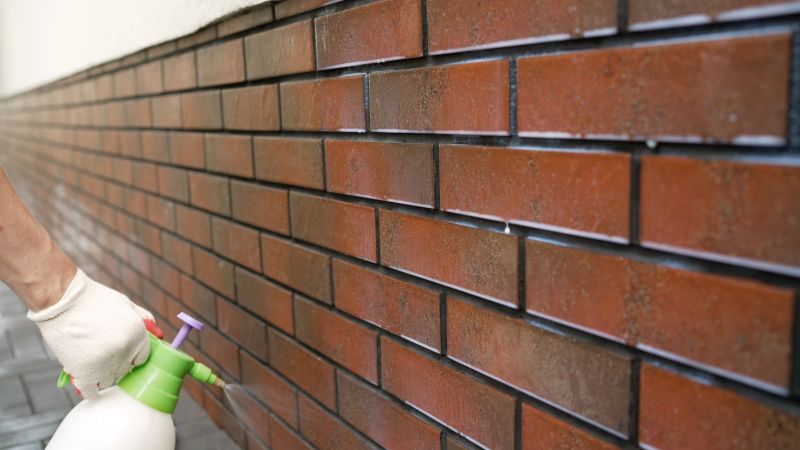
Warm, dry conditions in summer facilitate paint removal, reducing moisture-related issues.
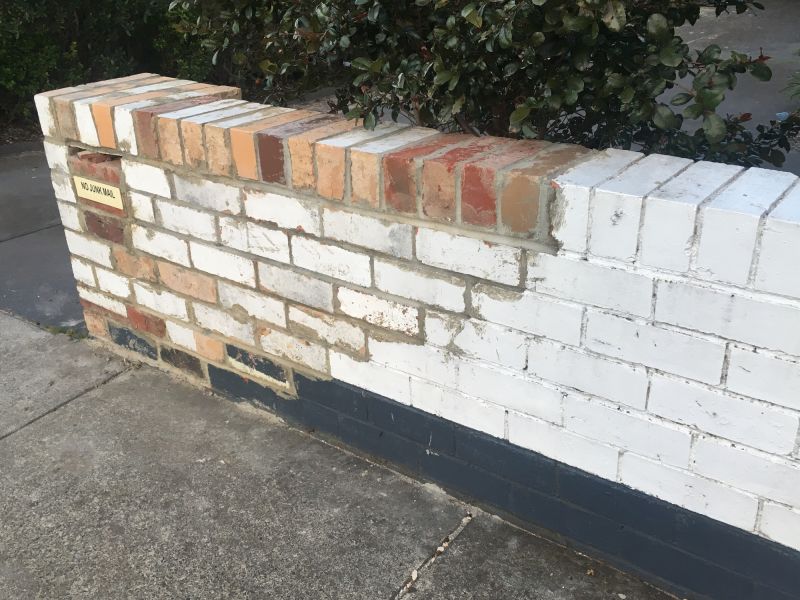
Mild temperatures and lower humidity levels make fall a suitable time for paint removal projects.
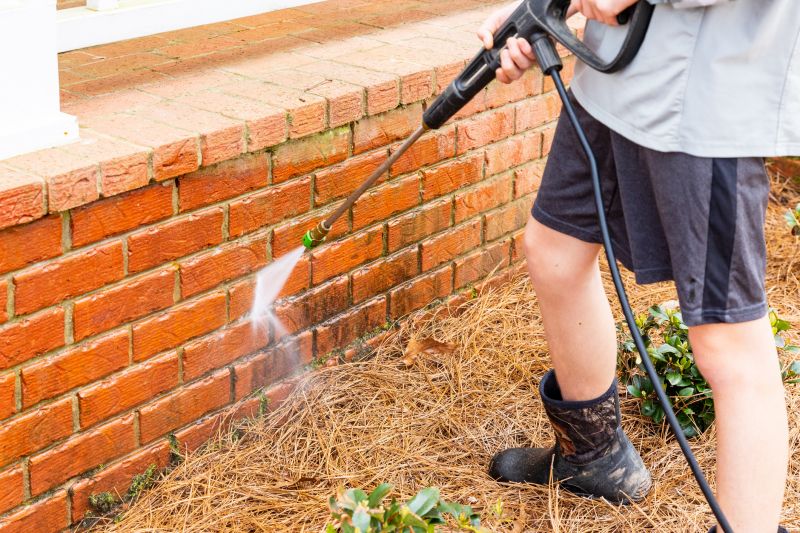
Spring offers moderate weather, ideal for effective paint removal without extreme cold or heat.
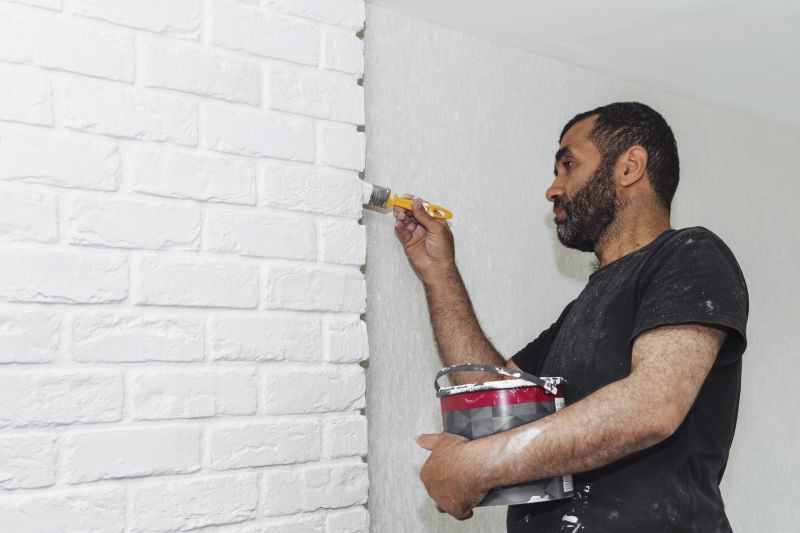
Ways to make Brick Paint Removals work in tight or awkward layouts.
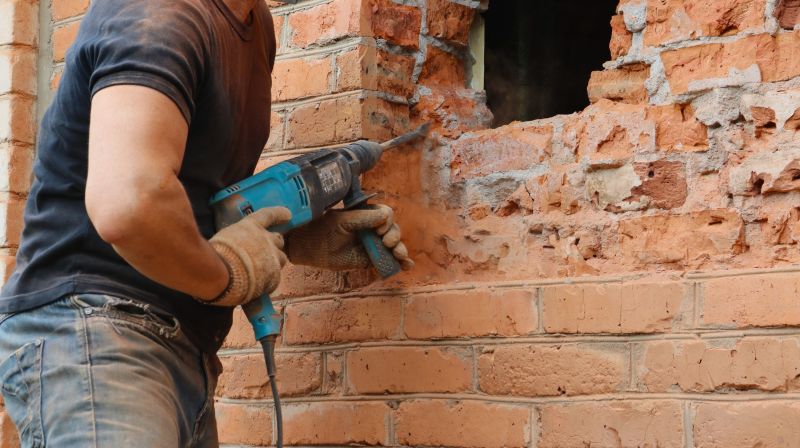
Popular materials for Brick Paint Removals and why they hold up over time.
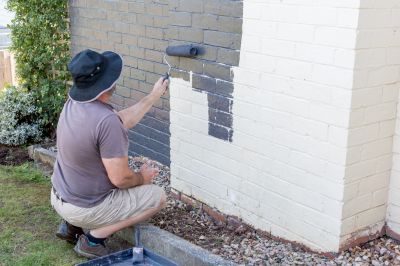
Simple add-ons that improve Brick Paint Removals without blowing the budget.
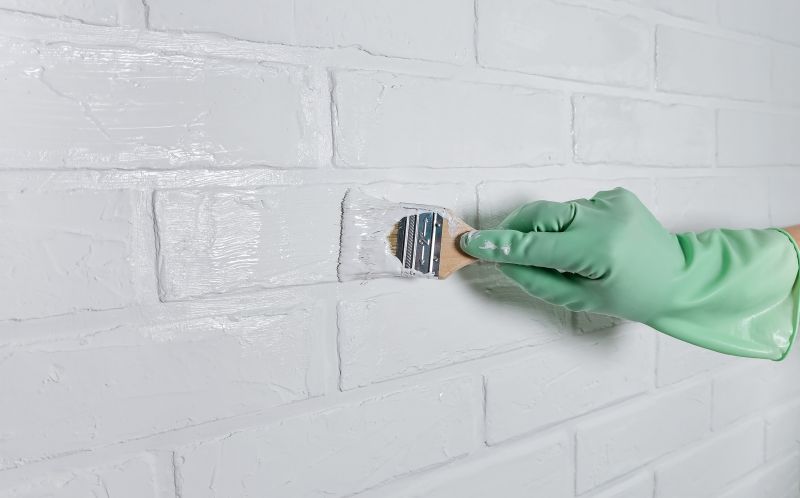
High-end options that actually feel worth it for Brick Paint Removals.
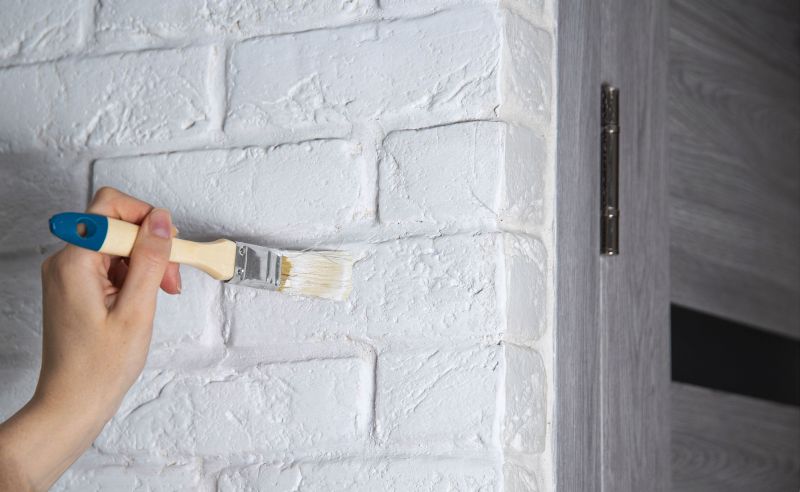
Finishes and colors that play nicely with Brick Paint Removals.
Brick paint removal is a process that involves stripping old or unwanted paint from brick surfaces to restore their natural appearance or prepare for a new finish. The timing of this work is crucial to ensure optimal results and minimize potential issues such as cracking or moisture infiltration. Proper planning around weather conditions can significantly impact the ease and effectiveness of paint removal.
Statistics indicate that the most suitable periods for brick paint removal are during seasons with moderate temperatures and low humidity. Summer and fall typically provide the best conditions, with spring being a good alternative. Avoiding extreme cold or wet weather helps prevent damage to the brick and ensures the removal process proceeds smoothly.
Optimal paint removal occurs during dry, mild weather to prevent moisture entrapment and surface damage.
Ideal temperatures are between 50°F and 85°F, reducing risks of cracking or incomplete paint removal.
Low humidity minimizes paint adhesion issues and promotes faster drying times.
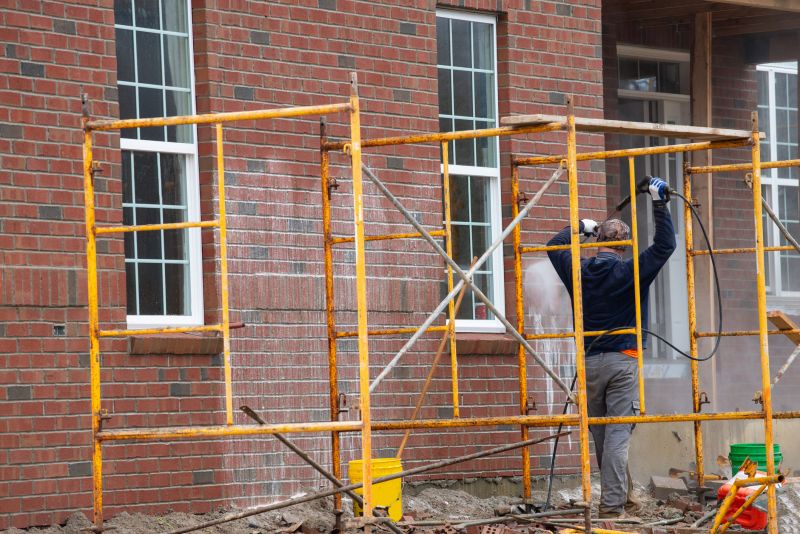
Proper cleaning and drying before paint removal ensure better adhesion of stripping agents.
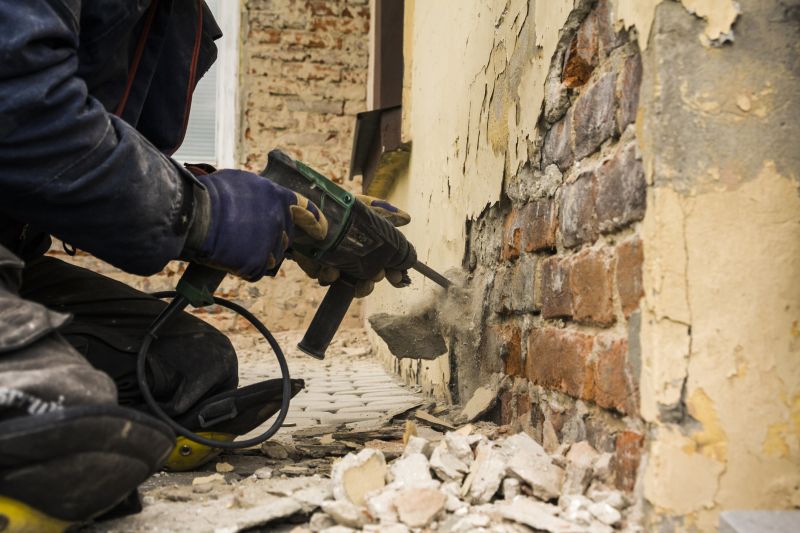
Use appropriate chemical or mechanical methods suited for the brick surface and paint type.
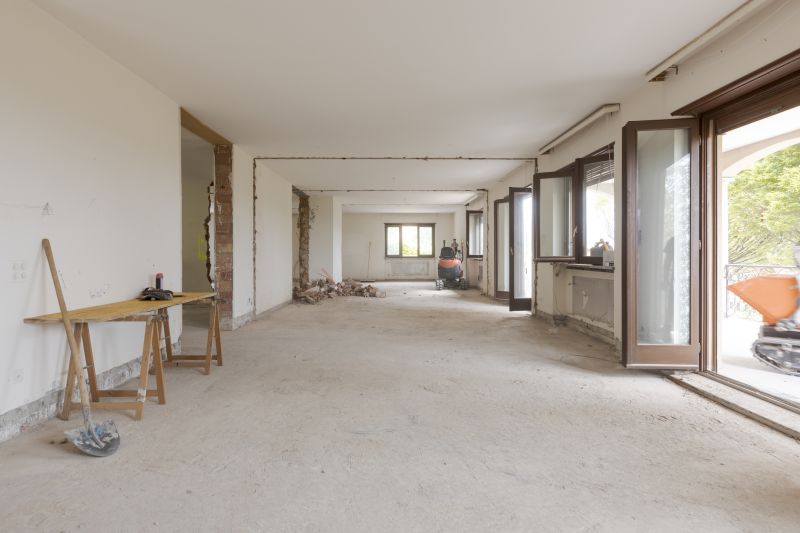
Check for residual paint or damage, and plan for necessary repairs before finishing.
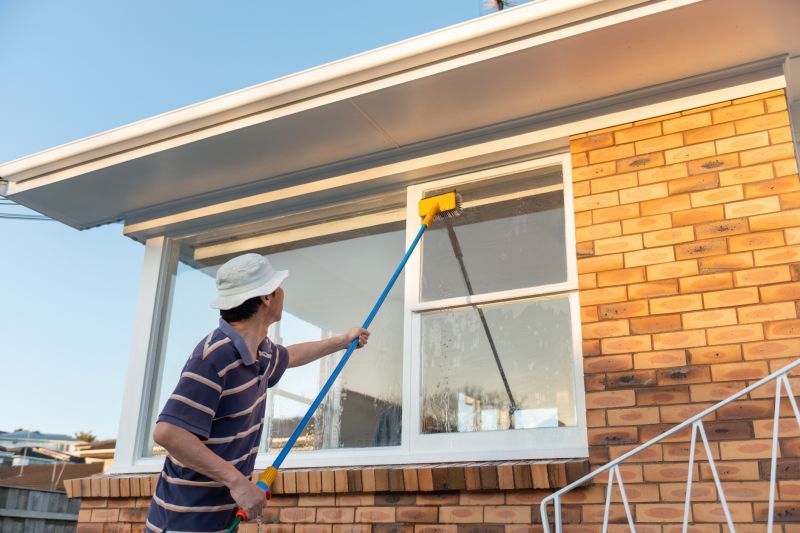
Track weather forecasts to choose optimal days for the removal process.
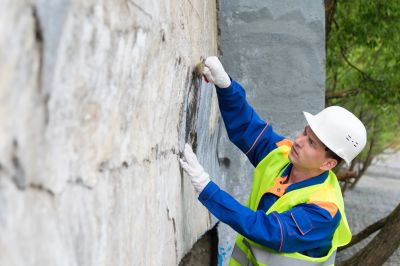
Ensure proper ventilation and protective gear during paint stripping.
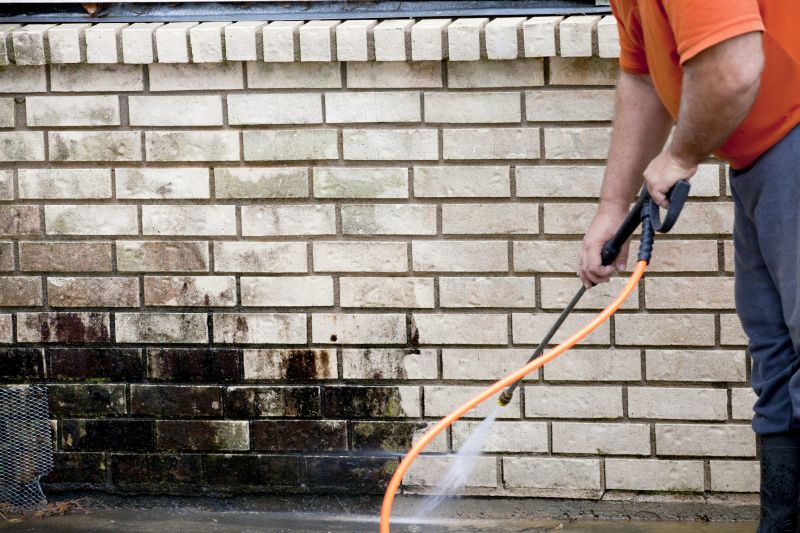
Thoroughly clean the brick surface to remove chemical residues and debris.
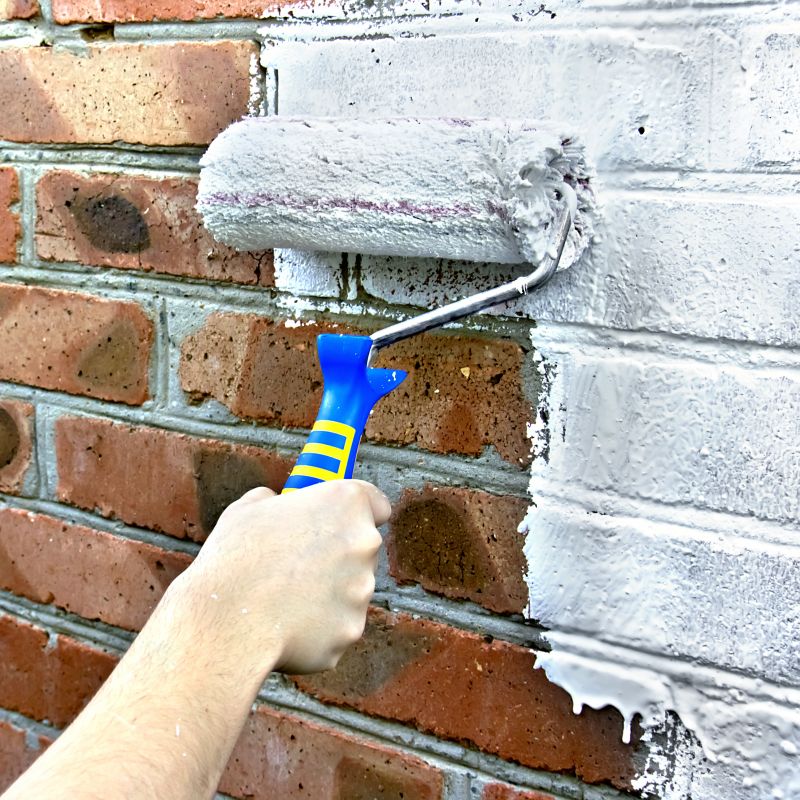
Allow ample drying time before applying new coatings or finishes.
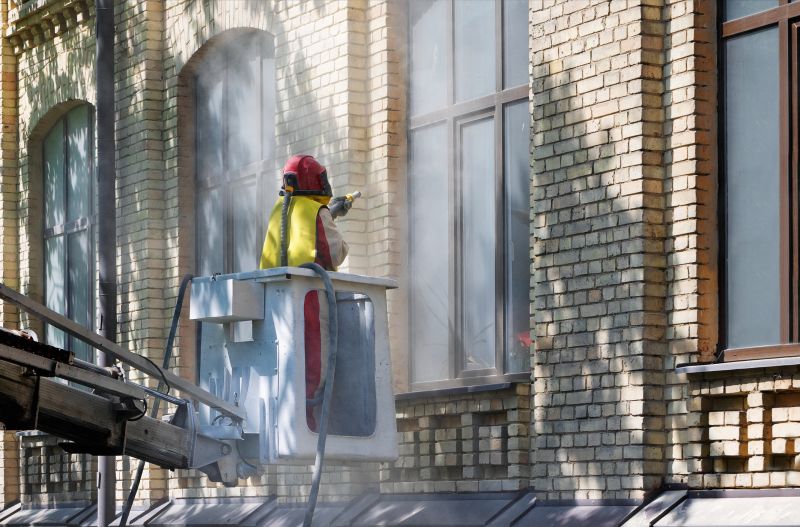
Coordinate project timelines with favorable seasonal weather for best results.
| Season | Advantages |
|---|---|
| Summer | Warm and dry, ideal for paint removal and surface preparation. |
| Fall | Moderate temperatures and lower humidity levels support effective removal. |
| Spring | Mild weather allows for flexible scheduling and good results. |
| Winter | Generally not recommended due to cold and moisture risks. |
| Late Autumn | Can be suitable if weather remains dry and temperatures are moderate. |
Choosing the right season for brick paint removal can enhance the efficiency of the process and ensure long-lasting results. Proper timing minimizes risks such as surface cracking, moisture entrapment, and incomplete paint stripping. Consulting weather forecasts and planning accordingly are essential steps in scheduling a successful project.
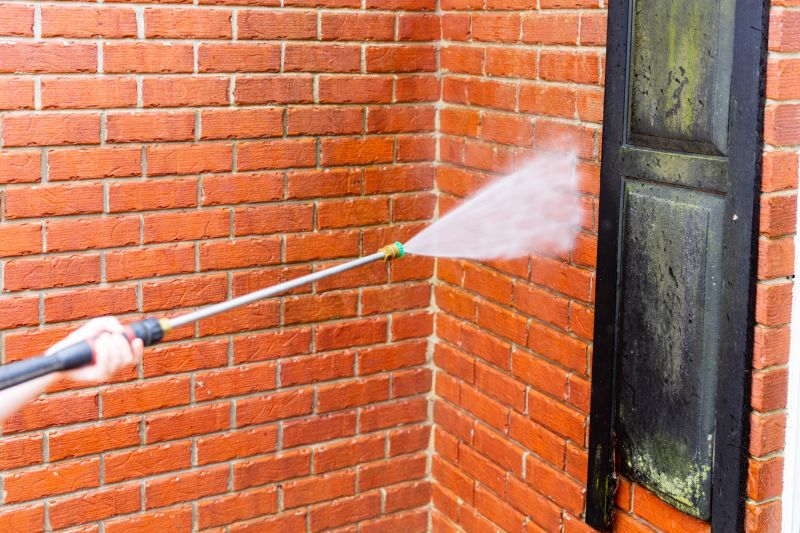
Using appropriate tools and chemicals suited for brick surfaces improves efficiency.
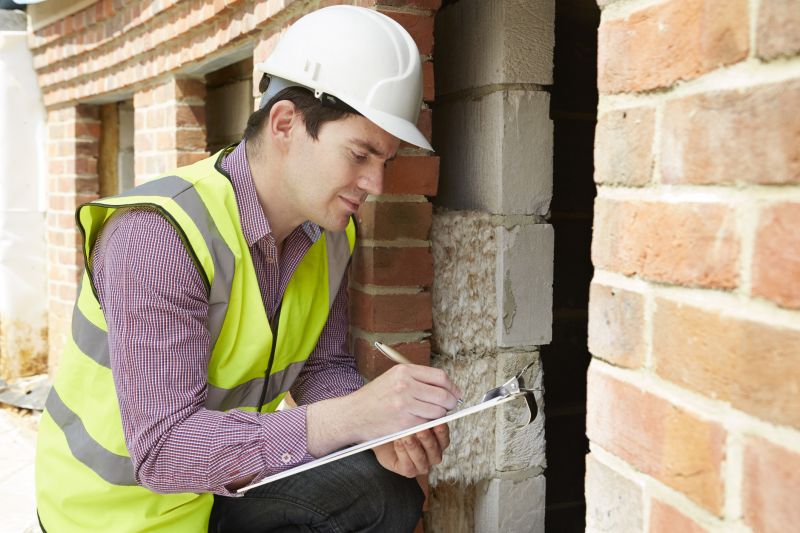
Assessing the surface beforehand helps identify potential issues and plan repairs.
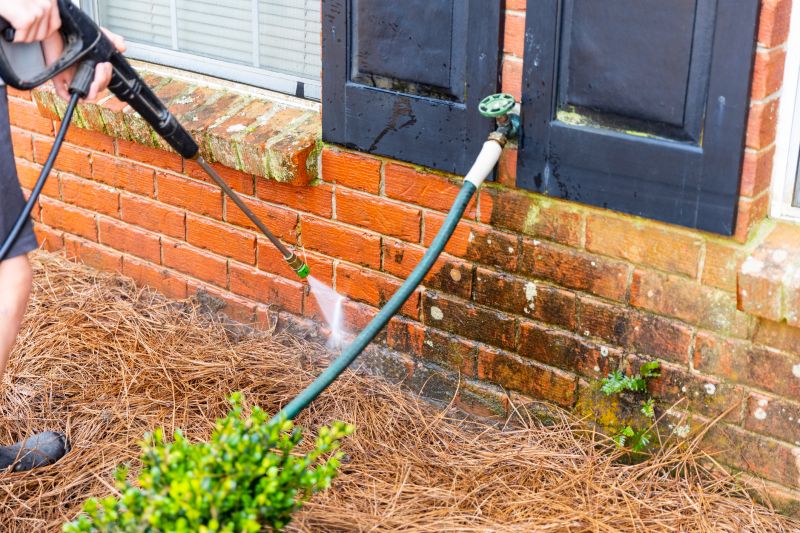
Utilize weather apps to select optimal days for removal work.
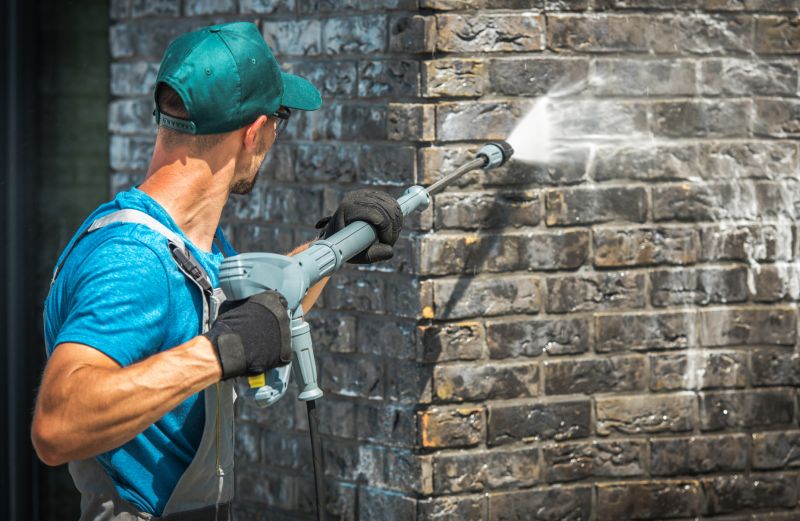
Proper cleaning and drying extend the lifespan of the brick surface.
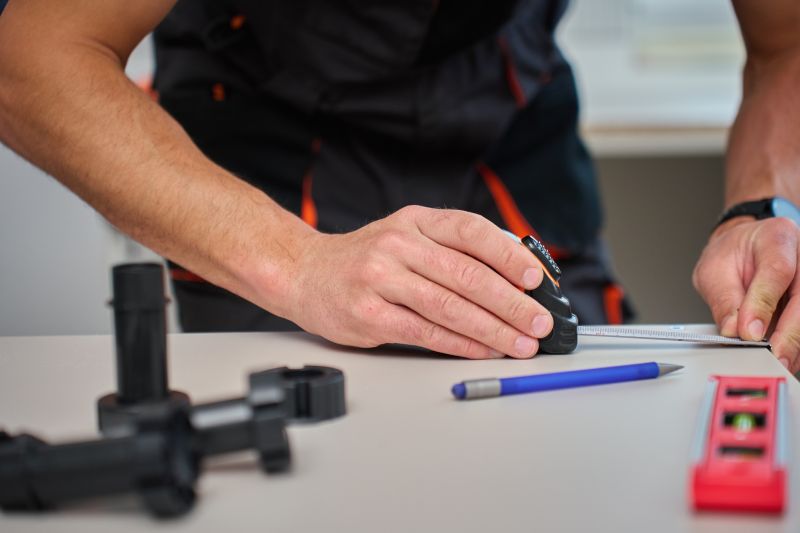
Little measurements that prevent headaches on Brick Paint Removals day.
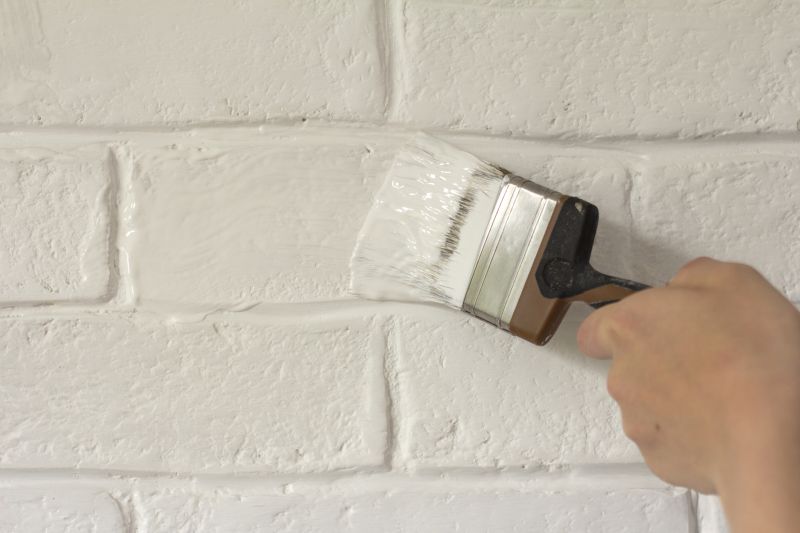
A 60-second routine that keeps Brick Paint Removals looking new.
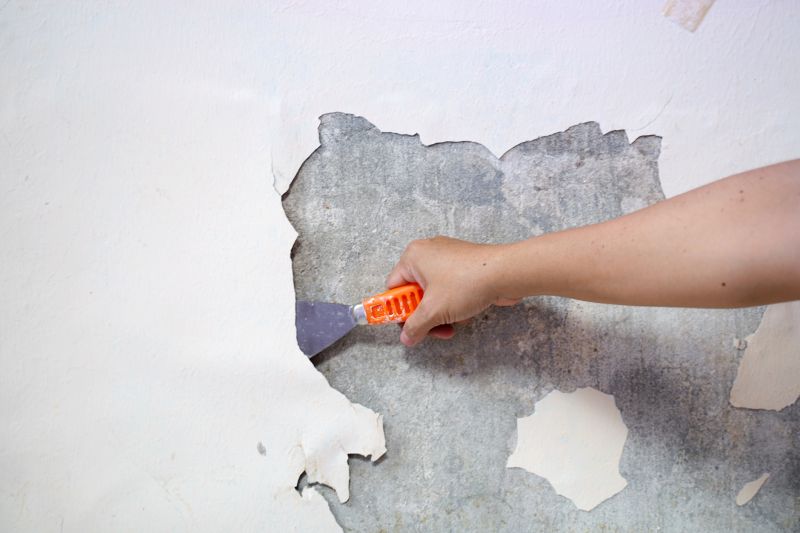
A frequent mistake in Brick Paint Removals and how to dodge it.
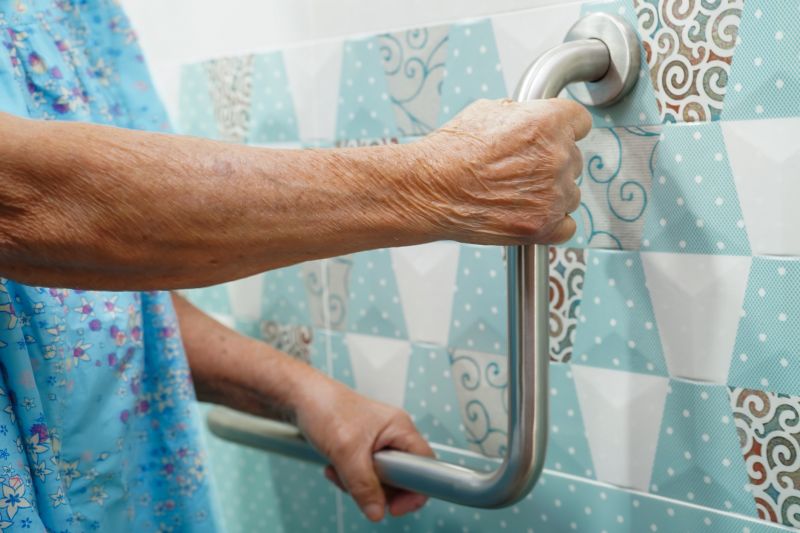
Small tweaks to make Brick Paint Removals safer and easier to use.
Interested in scheduling a brick paint removal? Filling out the contact form can provide more information and help plan the project at a suitable time.
